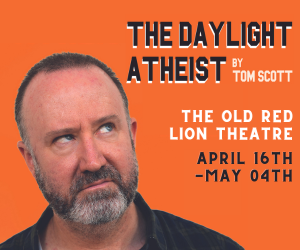There’s no denying Professor Sorace’s ease with the audience
Professor Antonella Sorace is a highly engaging and witty speaker and manages to explain complex theories and research about cognitive functions in a way that is accessible for us mere mortals. The overarching point of her talk is that learning a language as an adult fundamentally changes your brain and its cognitive functions, meaning that in order for one language to get better, the other (native language) will have to get worse as the brain juggles different grammatical structures and a completely new vocabulary. However Professor Sorace is quick to highlight that a bilingual brain is not equal to two monolingual brains and that our desire for perfection is entirely misplaced. There are numerous benefits of bilingualism that Professor Sorace points out and tells us stories of bilingual immigrant children who end up performing better in some tests at school than their native speaking monolingual counterparts.
There’s no denying Professor Sorace’s ease with the audience, but I felt that many of the ideas she discussed were skirted over and the talk itself was too short – 30 minutes long, followed by a 30-minute Q&A session. A longer talk and shorter Q&A would have allowed her to explain her ideas about the changes that occur in the brain, societal misconceptions and the political role languages play in the world in greater depth as well as making it feel less like a simple TED talk. These are interesting ideas that naturally spark a lot of questions and debate but unfortunately a greater amount of time and explanation is required to fully engage with all the issues at hand.









